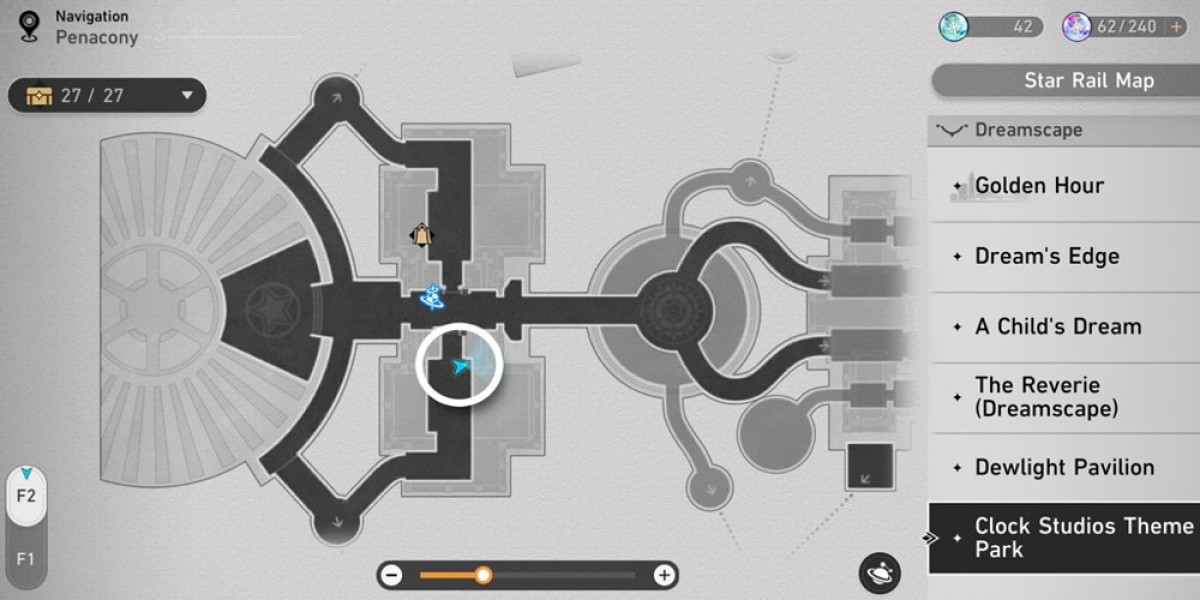Enhancing Food Security
One of the key advantages of utilizing stand-alone garden plots in urban farming is the significant contribution to enhancing food security. By cultivating fresh produce in these dedicated spaces, urban dwellers have access to nutritious fruits and vegetables right in their neighborhoods. This accessibility reduces reliance on external food sources and promotes self-sufficiency.
Promoting Sustainability
Another benefit of stand-alone garden plots in urban farming is the promotion of sustainability. By growing food locally, the need for long-distance transportation is minimized, reducing carbon emissions and environmental impact. Additionally, these garden plots provide opportunities for composting organic waste, further closing the loop on sustainable practices.
Community Building
Stand-alone garden plots play a crucial role in fostering community building within urban areas. These shared spaces bring people together, encouraging collaboration, knowledge-sharing, and social interaction. Community members can work side by side, exchanging gardening tips, recipes, and forming lasting bonds over a common interest in urban farming.
Improving Mental Well-being
Engaging in gardening activities in stand-alone plots has been shown to have a positive impact on mental well-being. The act of tending to plants, witnessing their growth, and harvesting the fruits of labor can be therapeutic and stress-relieving. Urban residents can find solace in these green oases amidst the hustle and bustle of city life.
In conclusion, the benefits of stand-alone garden plots in urban farming are manifold, ranging from enhancing food security and promoting sustainability to fostering community building and improving mental well-being. These dedicated spaces offer urban dwellers a unique opportunity to reconnect with nature, cultivate fresh produce, and build meaningful relationships with their neighbors. By embracing urban farming practices and incorporating stand-alone garden plots into city landscapes, we can create healthier, more sustainable, and more vibrant communities for generations to come.








